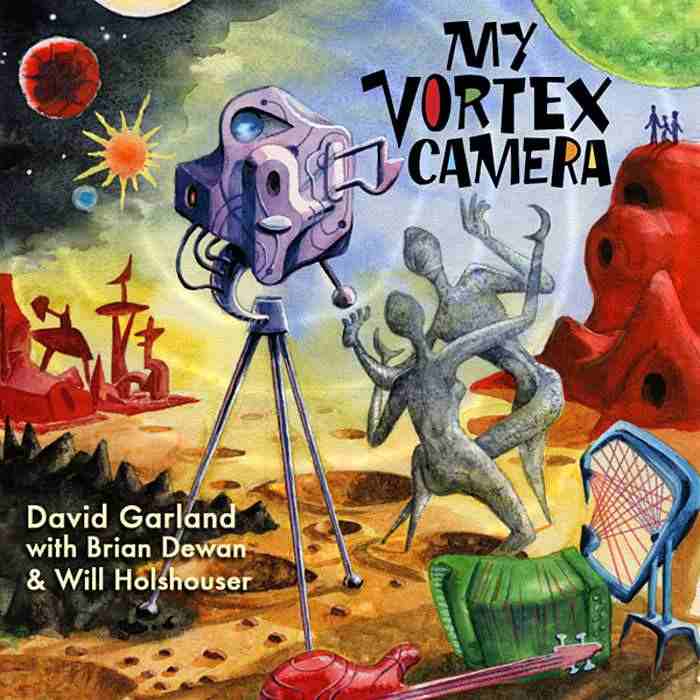In New York City, where I live, musicians from very different backrounds and from all over the world can encounter one another in their search for kin from their muse’s home town. It might be that their only point of connection, and only common language, is music.
Several years ago I was listening to maverick radio station WFMU when a song about a “wastepaper basket fire” came on. I hear a lot of songs I can enjoy, but not so many that make me feel that the songwriter is grappling with words and music the way I like to myself. I called the dj, Irwin Chusid, and learned that I was hearing Brain Dewan perform one of his songs. Irwin gave me Brain’s phone number, and I called him up to invite him to be a guest on my WNYC radio show, Spinning On Air. A song heard by chance on the radio and a sense of aesthetic camaraderie were the only things I expected to have in common with Brain. There are two wonderful CD’s of Brain’s songs: Brain Dewan Tells The Story, and The Operating Theater, plus a couple EPCD’s were released. Brain’s electric zither is one he designed and built, and plays it through a Leslie cabinet. Will Holshauser is the only accordionist I know of who studied with jazz eccentric Anthony Braxton. He’s an imaginative composer and arranger, as well as being one of the new generation of accordionists for whom the accordion is not just a genre instrument. The Dutch multi-multi-instrumentalist, singer, and songwriter Fay Lovsky happened to be in new York at just the right time to add her theremin to “ESP”. It really is a thrill to play with imaginative musicians like Brain, Will, and Fay. And there is another voice on this CD as well: my 11 year-old son, Kenji Garland.
Most of the music on this CD was performed for broadcast on Live at the Stork Club, a weekly program on WFMU. On my other recordings I’ve allowed myself to reimagine the performing ensemble for each song, but this CD is different. Instead of indulging in the infinite options of multi-tracking, I’ve limited the arrangements to what we can play live. Three of these songs have been released in different versions: “Under the Blanket” and “Happy Ending” on Togetherness, and “Forest Fractures” on Control Songs. “Control Songs” is the category I’ve created to describe my songs. Just as “love songs” can address the fundamental motivating force of love from many perspectives – happy, sad, ernest, ironic – so my Control Songs address another fundamental force in our lives: our need – sometimes ambivalent and illusory – to believe that we have control over our lives.



